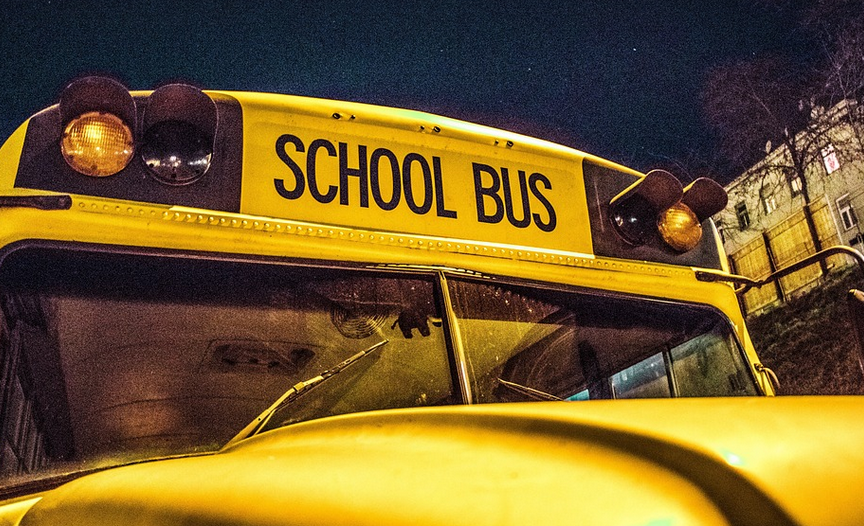
Exploring the Roots of a Modern Educational Approach
Charlotte Mason’s philosophy of education, far from being just a dusty collection of theories, is a vibrant and accessible framework for nurturing curious minds. She believed in creating an environment where children could blossom into independent learners, embracing their own unique journeys of discovery. It’s not about stuffing kids with facts; it’s about sparking a love for learning that lasts a lifetime.
Born in 1842, Mason was a dedicated educator who saw education as a means to cultivate well-rounded individuals. Her philosophy transcended the traditional boundaries of rote memorization and standardized tests. It went beyond the confines of the classroom and embraced the natural world, family life, and active engagement with literature.
Charlotte’s perspective emerged during a time when education was becoming increasingly compartmentalized and often felt forced upon students. Her philosophy aimed to create a space where learning wasn’t just about absorbing information but about connecting with knowledge on a personal level. It’s all about cultivating joy in exploration.
The core of Mason’s philosophy lies in her belief that children learn best through a holistic approach. She saw education as the key to unlocking a child’s innate potential, and she emphasized the importance of nurturing their intrinsic curiosity and fostering a love for learning. She believed that children are naturally drawn to exploration, discovery, and understanding.
Her philosophy emphasizes the role of nature in shaping young minds. Mason saw the natural world as an essential part of learning, encouraging children to connect with their surroundings through observations, explorations, and appreciation. Imagine a child discovering a fascinating insect or the intricate beauty of a flower – this kind of connection is a cornerstone of Charlotte Mason’s approach.
Mason’s philosophy doesn’t simply dismiss traditional subjects like math and science; she saw them as integral parts of education. She believed in fostering a love for learning by weaving these subjects into stories, poetry, art, and real-world experiences. Imagine a child learning about geometry by exploring the structure of trees or studying botany through an experiment with seeds.
As Mason’s philosophy unfolds, we discover a holistic approach to education that embraces the individual’s unique talents and interests. She believed in providing opportunities for children to delve into areas that spark their curiosity, encouraging them to explore their passions and develop their own unique gifts. This could be anything from music or art to writing or building.
While Mason’s philosophy is rooted in the past, it remains relevant and powerful today. In a world increasingly dominated by technology and standardized testing, her ideas offer a valuable counterbalance. Her emphasis on fostering intrinsic curiosity and connecting with nature offers a refreshing perspective that allows children to explore their passions and develop a lifelong love for learning.
Beyond the classroom walls, Charlotte Mason’s philosophy encourages parents to be active participants in their children’s education journeys. Imagine spending afternoons exploring the beauty of the world around you through reading books together or venturing on nature walks. These simple moments can become powerful catalysts for a child’s love for learning.
Charlotte Mason’s philosophy is more than just a set of principles; it’s an invitation to reimagine education within families and communities, encouraging children to explore their passions, connect with the world around them, and find joy in the journey of learning. It isn’t about memorization, but about cultivating a love for knowledge that will last a lifetime.
A Closer Look at Charlotte Mason’s Educational Pillars
The essence of Charlotte Mason’s philosophy is laid out in her four key pillars: * **Nature Study:** Connecting with nature and exploring its wonders. This isn’t just about memorizing facts; it’s about experiencing the natural world and sparking curiosity within your child.
Read Aloud: A cornerstone of Charlotte Mason’s philosophy. This is not merely a casual way to read; it’s an active engagement with stories and characters, fostering imagination and literary appreciation. It allows children to experience the beauty of language and develop comprehension.
**Living Literature: ** Exploring literature in real-world scenarios. This isn’t just about reading books; it’s about exploring ideas through life experiences that allow children to connect with the characters, themes, and messages of the stories they read. Imagine a child learning about courage by watching a documentary about rescue dogs.
**Storytelling: * Building imagination and critical thinking skills through creative storytelling. This isn’t just about listening to bedtime stories; it’s about engaging in the process of creating, sharing, and interpreting narratives that spark creativity and foster deeper understanding.
Resources for Exploring Charlotte Mason
To delve deeper into the world of Charlotte Mason’s philosophy, there are numerous resources available: * **”The Parent’s Companion to the Charlotte Mason Method,” by Sarah K. Smith** This guide offers a detailed overview of Charlotte Mason’s principles and practical suggestions for implementing them in your own home.
** “Charlotte Mason’s Children,” by Ruth Belland** This book delves into the life of Charlotte Mason and provides insights into her methods and values. * **”The Story of Charlotte Mason,” by Laura Smith** Explore the life and impact of Charlotte Mason through this biography that offers a captivating account of her journey.




